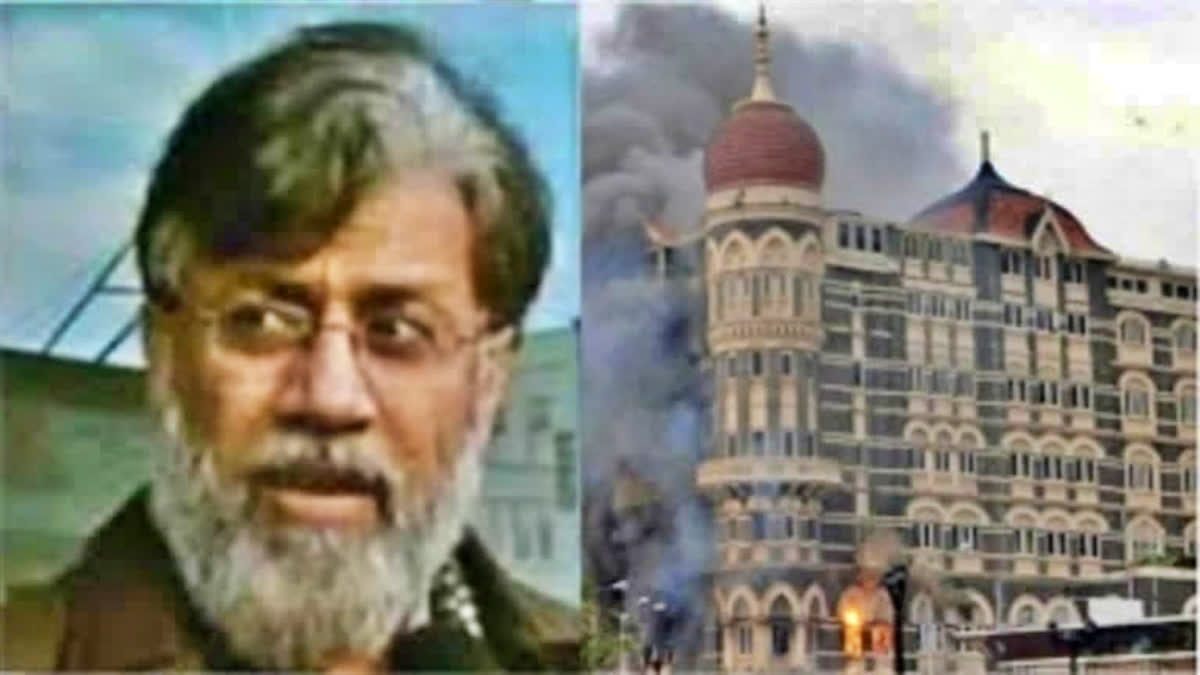Washington: Pakistani-origin Canadian businessman Tahawwur Rana has filed a writ of habeas corpus challenging a recent US court order that paved the way for his extradition to India where he is facing trial for his involvement in the 2008 Mumbai terror attack. Last month, the US District Court Central District of California approved the extradition of the 26/11 attack accused Rana to India.
Filing the Writ of habeas corpus through his attorney, Rana, 62, challenged his extradition by the Government of India. Rana's extradition would violate the United States-India extradition treaty in two respects, his attorney argued. The writ of habeas corpus primarily acts as a writ of inquiry, issued to test the reasons or grounds for restraint and detention. First, Rana has been tried and acquitted in the United States District Court for the Northern District of Illinois for charges based on the identical conduct for which India seeks to prosecute him.
It argued that extradition is therefore barred under Article 6(1) of the Treaty, which declares that "[e]xtradition shall not be granted when the person sought has been convicted or acquitted in the Requested State for the offence for which extradition is requested." Second, the materials submitted by the Indian government -- consisting principally of transcripts and exhibits from Rana's trial in the Northern District of Illinois -- fail to establish probable cause that he committed the offences for which India has charged him.
The Indian government's extradition request thus fails to satisfy Article 9.3(c) of the Treaty, it said adding that the Court should grant the writ of habeas corpus, deny extradition, and order Rana released, the writ says. On June 10, 2020, India filed a complaint seeking the provisional arrest of Rana with a view towards extradition. The Biden administration had supported and approved the extradition of Rana to India.
